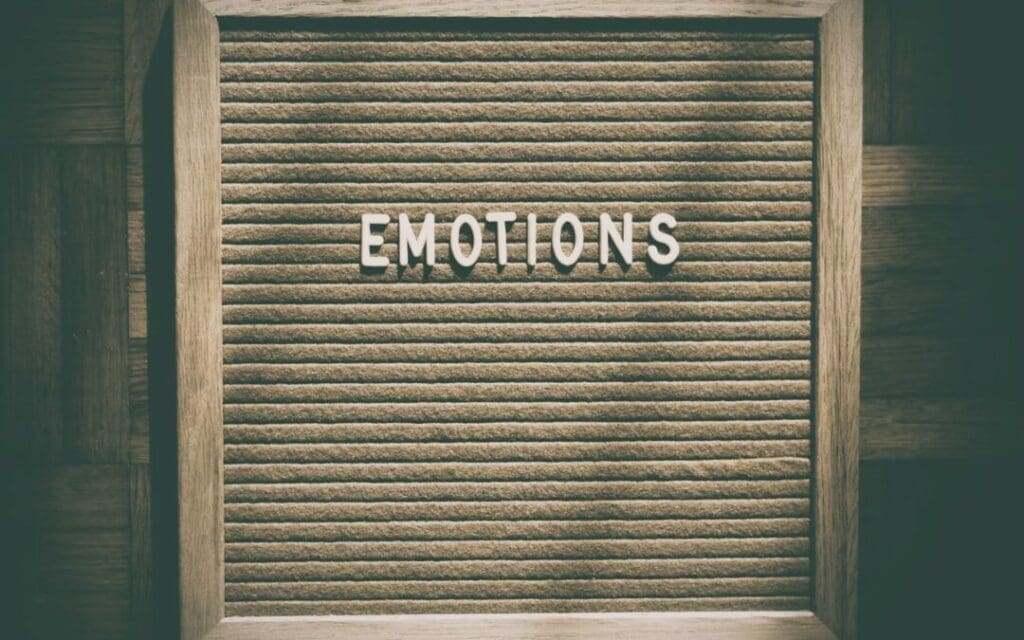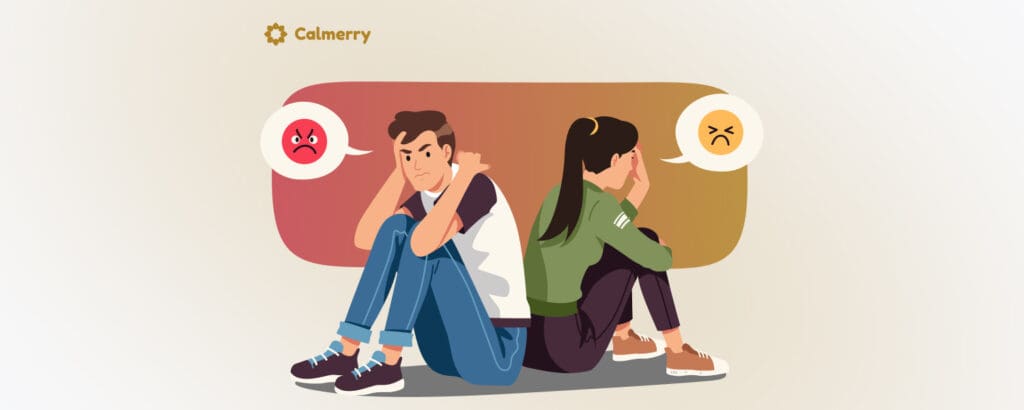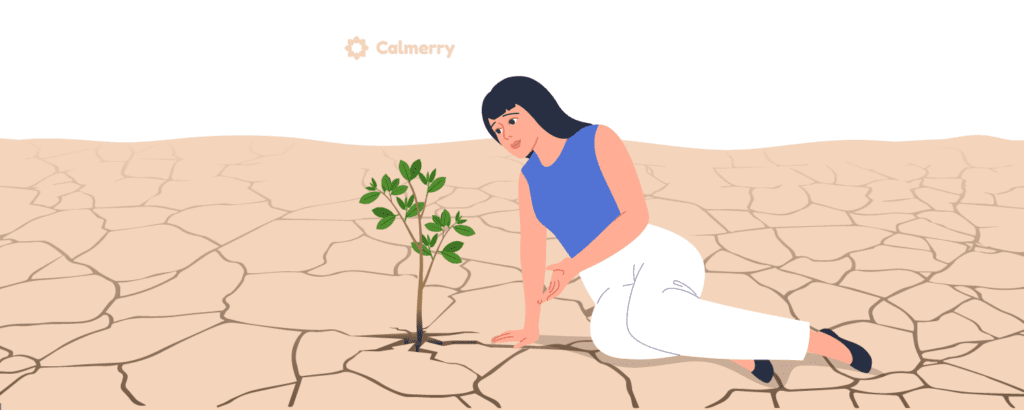How is Emotional Healing Different from Physical Healing?

In this article
Somewhere along our never-ending evolutionary journey, our ancestors developed perceptions towards negative emotions. Research and studies in evolutionary biology, neuroscience, and psychology agree that anxiety and stress are feelings we developed to stimulate movement, for survival. Consequently, these emotions triggered us to address specific primary stimuli, such as danger or thirst.
However, these emotions manifest on a different plane in the current human experience. Coping with these feelings hasn’t become any less complicated. Emotional and physical pain has led people through unique journeys in their lives. One must inevitably learn how to get on a healing path.
Emotional and physical can sometimes intertwine. Naturally, physical pain causes a certain degree of emotional distress. On the other hand, emotional pain, if left unchecked, leads to physical distress. Hence, emotional and physical healing journeys overlap. Emotional healing is unpredictable. Unlike physical healing, where you might have a timeline, the former tends to take its own time. Therefore, having a little help, say from a professional, might be doing you some good and no harm.
What Causes Emotional Trauma?
Typically, emotional trauma is a consequence of highly stressful events. Such events could be one-off situations or prolonged exposure. Others include.
- Getting involved or injured in a car accident or an attack.
- Going through a divorce.
- An abusive relationship.
- Losing a loved one.
- Suffering from severe or terminal illnesses.
- Witness a traumatic event.
Emotional trauma will often overwhelm and scare anyone going through it. It is immensely vital to seek emotional healing help. In the event you sustained injuries, you must also seek medical advice for physical healing.
Symptoms of Emotional Pain and Trauma
Emotional trauma has a huge mental load on the individual. Psychological responses are different for everyone, just as the emotional healing journey. Nevertheless, these negative emotions are sometimes too convoluted to process coherently. Hence, someone going through emotional trauma will usually feel abject helplessness. Unpleasant memories also seem to hover around their heads.
- Physical symptoms for emotional pain and trauma include.
- Frequent nightmares.
- Trouble sleeping or bouts of insomnia.
- Irritability and sometimes hostility towards others.
- Withdrawing from previously close relationships.
How Does it Manifest in Children and Teenagers
Trauma can occur at any stage of development. For instance, a teenager living in an abusive home is likely to develop emotional trauma. Furthermore, they might also be victims of violence. Any event or experience that compromises a child’s sense of safety can potentially lead to trauma.
As products of experiences, trauma incurred in childhood is likely to carry on into adulthood. A child suffering from emotional trauma should get professional help soonest possible. This gives them a better chance at emotional healing, nipping the trauma in the bud. Furthermore, it offers them a fair opportunity to reconnect with their environment.
What are the Treatment Options?
The best way to go about emotional healing is to do it with someone. Going through the journey with a qualified professional is the ideal option. In such a case, you will want to seek out a mental health expert; a counselor or a psychologist. Cognitive-behavioral therapy is the most common treatment technique. Some patients might need medication, hence the need to see a psychiatrist.
The method helps you to address the emotional pain head-on. With the help and guidance of the professional, you will take small gradual steps towards emotional healing. You learn how to challenge and overcome the negative thought patterns on your way to recovery.
More than likely, you are also advised to maintain a proper diet and physical exercise. Striving towards physical wellness can be a massive boost for the emotional healing process. You can also consider joining a support group to share and learn from others in your situation.
Post-Traumatic Stress Disorder
Sometimes, the situation tends to linger a bit longer than expected. Individuals whose conditions do get worse or do not seem to improve might be suffering from post-traumatic stress disorder. Pop culture mostly associates PTSD with war veterans. However, it can occur to anyone who has experienced a traumatic event.
Some of the symptoms of this illness include:
- Vivid nightmares or flashbacks from the traumatic event(s).
- Debilitating emotional distress from the event’s triggers.
- Blurry memories of the event.
- Detachment from previously close relationships.
If you have been experiencing these symptoms long after the event, you must seek medical help as soon as possible. The earlier you can get on a treatment plan, the sooner you can put the wagon back on the rail.
Physical Trauma and Physical Healing
Physical trauma is mainly a result of an accident or abuse. Usually, emotional trauma tends to creep in when suffering from physical trauma. For instance, abusive parents are likely to predispose their children to mental and emotional impairment. Physical trauma has severally been documented to hamper emotional development.
For physical trauma victims, the first step is to seek treatment for their injuries. Physical healing becomes the primary objective. With time, they can start the emotional healing process with the help of the relevant professionals.
Types of Trauma
There are three main types of trauma. Acute trauma, which is associated with single events, such as a car accident or attack. Repeated events, such as violence at home, culminate into chronic trauma over time. Complex trauma entails exposure to multiple events, for instance, losing a child while going through a divorce.
Frequently Asked Questions
Going through the process of healing emotionally and physically can be a daunting journey. Therefore, we aim to answer some of the questions you might happen upon.
- How do you measure emotional intelligence? The pertinent tests assess five key elements: self-awareness, empathy, motivation, social skills, and self-regulation.
- What are the implications of low emotional intelligence? Typically such individuals have trouble controlling their emotions and relating with others.
- Can physical therapy help with emotional healing? Yes. As you improve physically, you are also just as likely to boost your emotional wellness.
- Can trauma ever go away? There’s no definitive answer. However, treatment will immensely help you to learn about and manage the condition over time.
- How long does the recovery process take? The duration highly depends on the individual. Your mental health professional will help you formulate an effective treatment plan.
Try Calmerry therapy
online therapy
live video session


